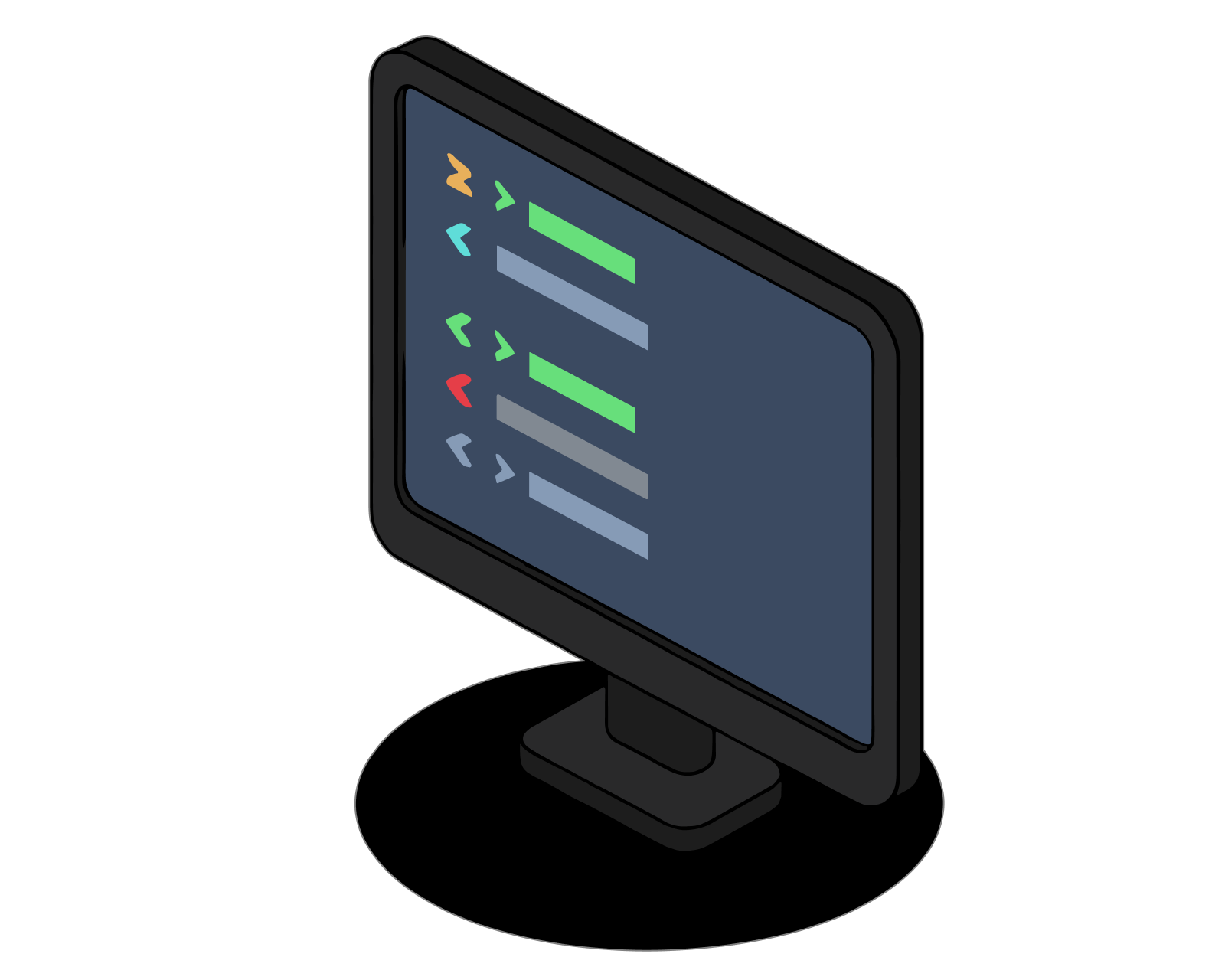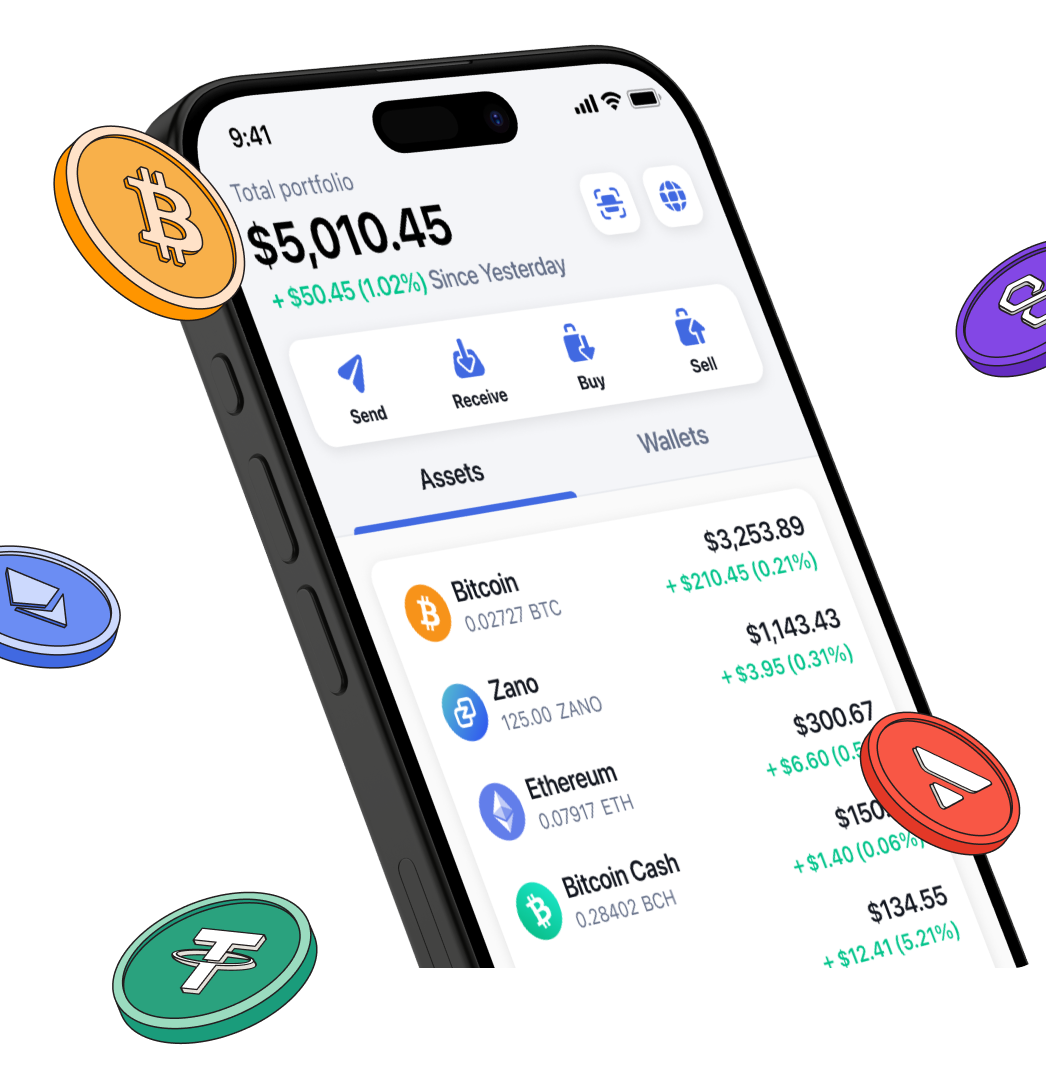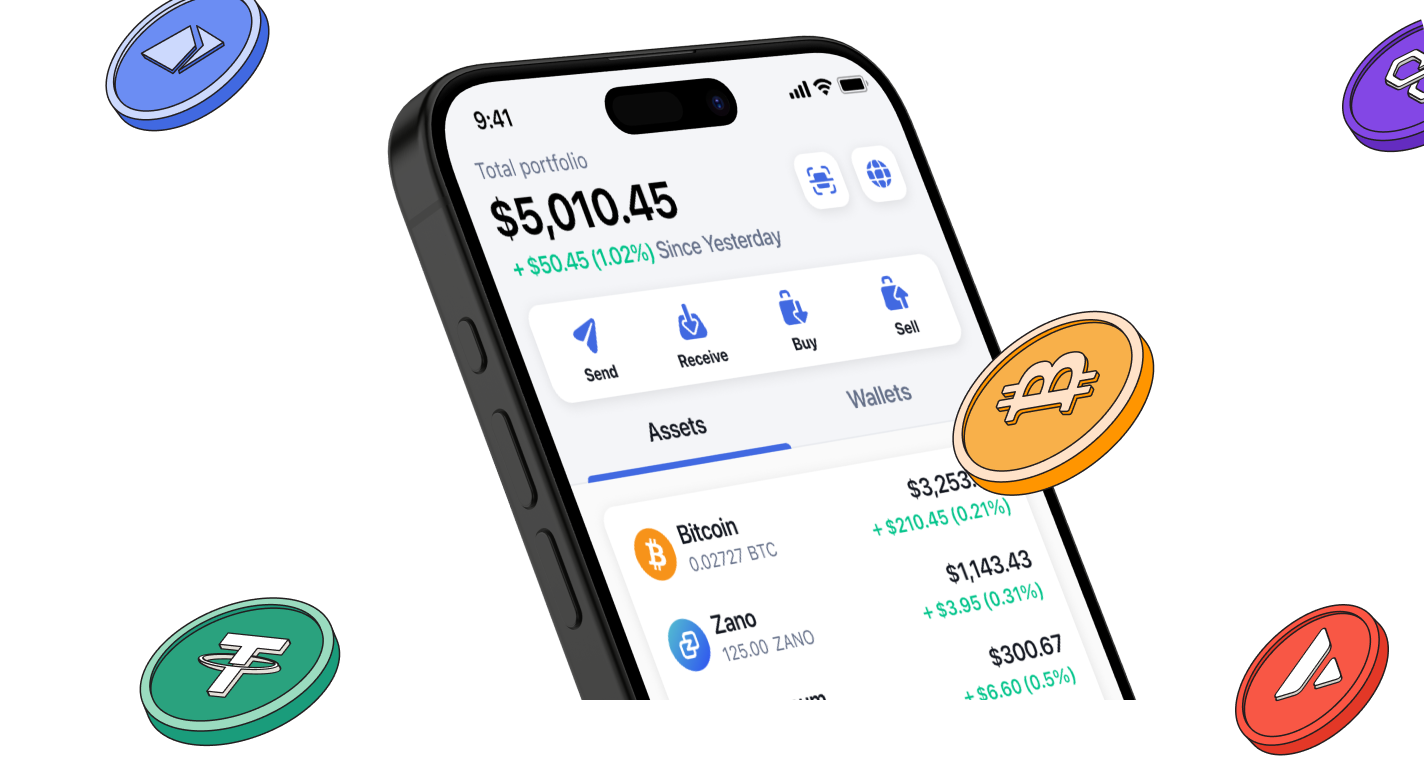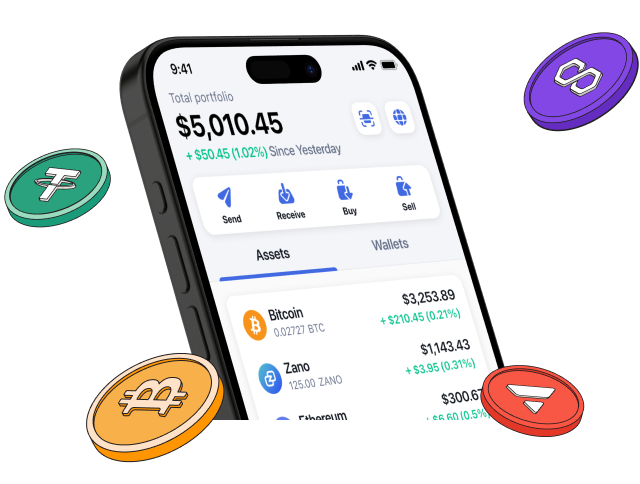What is a brokerage?
Last updated

Table of Contents
What Brokerages Are and Their Role
At its core, a brokerage serves as a facilitator for the buying and selling of assets, providing a platform where investors can engage in transactions. In the financial markets, this concept is well-established, with brokerages offering access to a wide array of instruments, from equities and bonds to derivatives and commodities. In the realm of cryptocurrency, brokerages extend this model to digital assets, providing a structured environment for crypto trading.
Brokerages play a critical role in the financial ecosystem by offering liquidity, meaning they make it easier for investors to buy or sell assets without significant price slippage. They also offer a level of expertise and access to markets that might be difficult or impossible for individual investors to achieve on their own.
Differentiating Between Crypto Brokerages and Traditional Financial Brokerages
While the foundational concept of a brokerage remains consistent, crypto brokerages and traditional financial brokerages differ in several key aspects. Traditional brokerages are steeped in the history of financial markets, dealing with stocks, bonds, and other securities. They operate within a highly regulated environment, offering services that include investment advice, portfolio management, and access to both public and private markets.
Crypto brokerages, on the other hand, specialize in digital currencies and often provide a bridge to the traditional financial world. They might offer a more diverse range of assets, including various cryptocurrencies, tokens, and sometimes even crypto derivatives. The regulatory landscape for crypto brokerages is evolving, reflecting the dynamic nature of the crypto market and the technologies that underpin it.
How Brokerages Work
The operational model of a brokerage, especially in the cryptocurrency space, is designed to cater to the needs of a diverse investor base. Users can open accounts much like they would with a traditional financial institution, but with a focus on digital assets. These platforms offer trading platforms that range from simple buy/sell operations to advanced trading interfaces with comprehensive charting tools, market analysis, and more.
A key aspect of crypto brokerages is their use of derivatives or contracts for crypto assets. Instead of trading the cryptocurrencies directly, investors might engage in contracts that derive their value from the underlying digital currencies. This approach can offer advantages in terms of leverage, risk management, and access to markets without the need for direct ownership of the assets.
Brokerages vs. Exchanges
Centralized Exchanges
Centralized exchanges (CEXs) serve as the traditional hubs for cryptocurrency trading, providing a platform where users can buy, sell, and trade a wide variety of digital assets. These platforms are operated by a centralized organization that oversees transactions, ensuring security and providing liquidity. Features such as real-time order books, market and limit orders, and sometimes advanced trading tools like margin trading, make CEXs attractive for both beginners and experienced traders. Liquidity, or the ease with which assets can be bought or sold at stable prices, is a hallmark of centralized exchanges, facilitating large volumes of trades with minimal impact on the market price of assets. Learn more about centralized exchanges here.
Decentralized Exchanges (DEXs)
Decentralized exchanges like Bitcoin.com’s Verse DEX operate differently from their centralized counterparts by allowing users to execute trades directly with one another without the need for an intermediary. DEXs are built on blockchain technology, providing a transparent and secure environment for trading cryptocurrencies. They emphasize user control over funds and privacy, with trades being facilitated through smart contracts. However, DEXs may offer lower liquidity and slower trade execution compared to CEXs and often have a steeper learning curve. Learn more about decentralized exchanges here.
Comparing with Brokerages
Unlike exchanges, whether centralized or decentralized, brokerages offer the trading of cryptocurrencies through derivatives or contracts based on the asset's price. This means investors can speculate on price movements without owning the underlying cryptocurrency. This approach provides several benefits, including potentially lower security risks, as investors do not need to manage or secure a crypto wallet. However, it also means that investors do not have the same level of control or direct ownership of the assets as they would when using an exchange or when using a self-custody cryptocurrency wallet like the Bitcoin.com Wallet app. Brokerages may also offer a broader range of assets beyond cryptocurrencies, such as stocks or commodities, allowing for greater diversification of an investment portfolio.
Advantages of Using Brokerages
Diversification
One of the key advantages of using brokerages for cryptocurrency trading is the ability to diversify investment portfolios across multiple asset classes. Brokerages often provide access to a wide range of financial instruments, including stocks, bonds, commodities, and more, alongside cryptocurrencies. This diversification can help investors spread risk and potentially improve returns over the long term.
Features and Tools
Crypto brokerages frequently offer a variety of trading tools and features not always available on cryptocurrency exchanges. These can include advanced charting software, analytical tools, and trading options such as leveraged trading, where investors can trade with more money than they have in their account, and copy trading, which allows users to mimic the trades of more experienced investors. Such tools can enhance trading strategies and improve the chances of successful investments.
Regulation and Security
Brokerages often operate under stricter regulatory environments compared to cryptocurrency exchanges, especially decentralized ones. This regulatory oversight can provide an additional layer of security and peace of mind for investors. Brokerages are typically required to adhere to know-your-customer (KYC) and anti-money laundering (AML) regulations, which can help protect against fraud and misuse of the platform. Additionally, the regulatory framework can offer a recourse for investors in case of disputes or issues with the brokerage.
By understanding the benefits and considerations of using brokerages for cryptocurrency trading, investors can make more informed decisions about where and how to allocate their investments in the digital currency space.
Considerations When Choosing a Brokerage
When delving into the world of cryptocurrency trading through a brokerage, several key considerations can impact your experience and success. It's essential to evaluate these factors to choose a platform that aligns with your trading needs and investment goals.
Fees and Costs
One of the first aspects to consider is the fee structure of a brokerage. Fees can significantly affect your trading profitability, especially if you plan on making frequent trades. Typical costs include trading fees (commissions), withdrawal fees, and sometimes inactivity fees. Compare these costs across different platforms, keeping in mind that some brokerages might offer lower fees but compensate through wider spreads on trades. Understanding the complete fee schedule is crucial to avoid any unexpected costs.
Platform Usability
For both beginners and seasoned traders, the usability of a brokerage platform is paramount. A user-friendly interface that is intuitive and easy to navigate can enhance your trading experience, making it simpler to execute trades, access your portfolio, and use analytical tools. Many brokerages offer demo accounts, allowing you to test their platform before committing funds. This trial can be invaluable in assessing whether the platform suits your trading style and needs.
Customer Support
The availability and quality of customer support can significantly impact your trading experience, especially during volatile market conditions or if you encounter issues with your account. Look for brokerages that offer robust support through multiple channels, including live chat, email, and phone. The responsiveness and expertise of the support team can be a crucial factor, particularly for traders who might need assistance outside of regular business hours.
Security Measures
Given the digital nature of cryptocurrencies, security is a paramount concern. Evaluate the security measures a brokerage implements to protect your assets and personal information. This evaluation should include two-factor authentication (2FA), encryption methods, and policies on fund storage (e.g., the use of cold storage for a significant portion of assets). Additionally, consider the brokerage's track record in handling security breaches or hacks, as this can indicate their preparedness and response capabilities.
How to Start With a Brokerage
Once you've chosen a brokerage that aligns with your investment strategy and preferences, starting your trading journey involves a few key steps.
Account Creation
Creating an account is the first step to trading with a brokerage. The process typically involves providing personal information, verifying your identity (in line with KYC regulations), and setting up security features for your account. The exact requirements can vary between brokerages, but the aim is to ensure a secure and regulated trading environment.
Depositing Funds
After setting up your account, the next step is to deposit funds. Brokerages offer various options for funding your account, including bank transfers, credit/debit card payments, and sometimes even cryptocurrency deposits. Each method may come with different processing times and fees, so it's essential to choose the one that best suits your needs and start trading.
Making Your First Trade
With your account funded, you're ready to make your first cryptocurrency trade. Begin by familiarizing yourself with the trading platform, understanding how to place buy and sell orders, and using any available analytical tools to inform your trading decisions. Start with small trades to get a feel for the market and the platform's features before scaling up your trading activities.
Related guides
Start from here →
What is a DEX?
A decentralized exchange (DEX) is a type of exchange that specializes in peer-to-peer transactions of cryptocurrencies and digital assets. Unlike centralized exchanges (CEXs), DEXs do not require a trusted third party, or intermediary, to facilitate the exchange of cryptoassets.

What is a DEX?
A decentralized exchange (DEX) is a type of exchange that specializes in peer-to-peer transactions of cryptocurrencies and digital assets. Unlike centralized exchanges (CEXs), DEXs do not require a trusted third party, or intermediary, to facilitate the exchange of cryptoassets.

How do I buy Bitcoin?
A beginner-friendly guide to buying Bitcoin step by step, with simple explanations and common options.

How do I buy Bitcoin?
A beginner-friendly guide to buying Bitcoin step by step, with simple explanations and common options.

How do I sell bitcoin?
Learn how to sell bitcoin into local currency safely.

How do I sell bitcoin?
Learn how to sell bitcoin into local currency safely.

How does crypto exchange work?
How safe is it to store your crypto on centralized exchanges?

How does crypto exchange work?
How safe is it to store your crypto on centralized exchanges?

What is a CEX?
Learn about CEXs, the differences between them and DEXs, and whether they’re safe to use.

What is a CEX?
Learn about CEXs, the differences between them and DEXs, and whether they’re safe to use.
STAY AHEAD IN CRYPTO
Stay ahead in crypto with our weekly newsletter delivering the insights that matter most
Weekly crypto news, curated for you
Actionable insights and educational tips
Updates on products fueling economic freedom
No spam. Unsubscribe anytime.



Start investing safely with the Bitcoin.com Wallet
Over wallets created so far
Everything you need to buy, sell, trade, and invest your Bitcoin and cryptocurrency securely

© 2026 Saint Bitts LLC Bitcoin.com. All rights reserved



